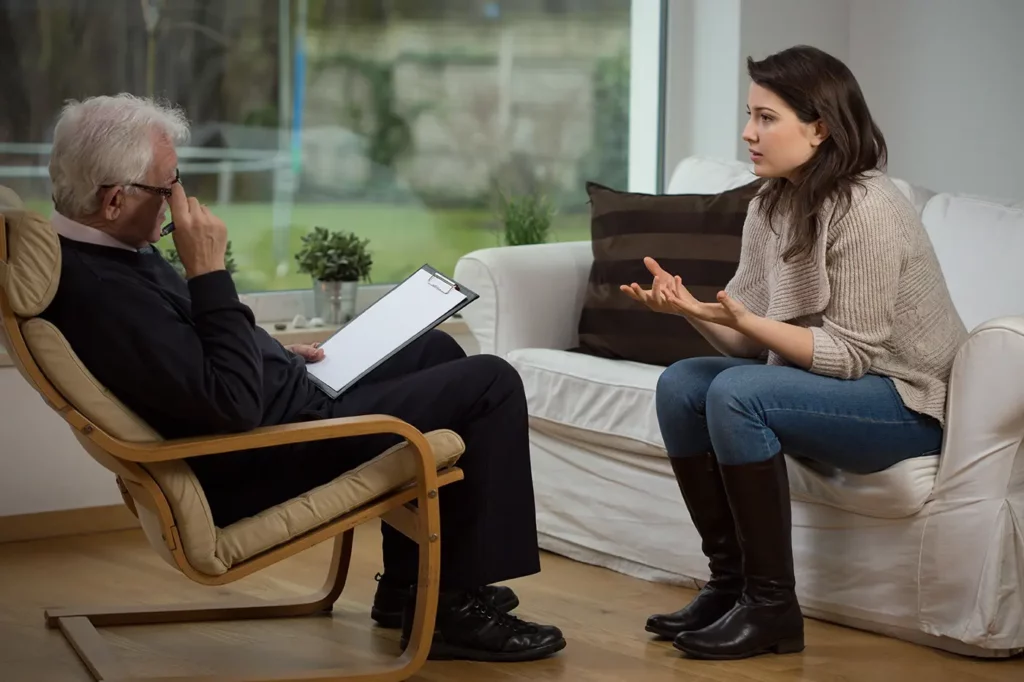24/7 Helpline:
(866) 899-111424/7 Helpline:
(866) 899-1114
Other Insurance Options

Cigna

Excellus

Holman Group

Sliding scale payment assistance

Kaiser Permanente

CareSource

State Farm

Access to Recovery (ATR) Voucher

American Behavioral

BHS | Behavioral Health Systems

Multiplan

Highmark

Health Partners

Aetna

CareFirst

United Health Care

WellPoint

Private insurance

UnitedHealth Group

GEHA


















